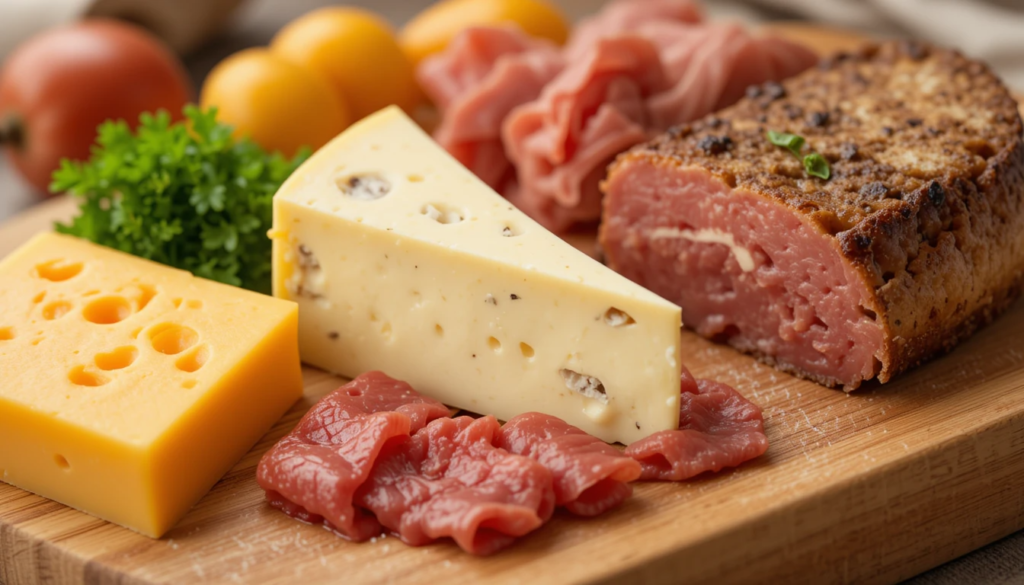London – The UK government has temporarily banned travelers from bringing cheese and certain meats from the European Union (EU) into Great Britain in an effort to prevent the spread of foot and mouth disease, a highly contagious illness that affects animals.
What Does the Ban Cover?
The restrictions apply to personal imports of pork, beef, lamb, mutton, goat, and venison, including processed products like sausages and pet food. Milk and dairy items — such as butter, cheese, yoghurt, and even sandwiches or cured meats — are also prohibited.
Notably, the ban includes both packed and unpackaged items, regardless of where they were purchased, including duty-free shops. However, poultry products — including chicken, duck, and goose, are not affected by this ban.
Who Is Affected?
The ban is directed at individuals entering England, Scotland, or Wales from the EU. It does not apply to Northern Ireland, which operates under separate regulations, nor to travelers from Jersey, Guernsey, or the Isle of Man.
The restriction affects all modes of travel — by air, train, road, or sea — but is limited to personal imports only, not commercial shipments.
Why the Ban?
According to the UK’s Department for Environment, Food and Rural Affairs (DEFRA), foot and mouth disease can be transmitted through contaminated meat and dairy. While harmless to humans, the disease poses a major threat to livestock and wildlife, particularly cattle, pigs, sheep, deer, and other cloven-hoofed animals.
Even discarded food items pose a risk if they end up being consumed by animals, prompting the government to act swiftly.
What About Commercial Imports?
The ban does not affect commercial imports, which already follow strict safety protocols. These products are subject to veterinary health checks, including heat treatment processes that eliminate pathogens.
How Long Will the Ban Last?
The restrictions came into effect on Saturday, April 12, but no official end date has been announced. The measure will remain in place until the risk from traveler-borne meat and dairy imports is considered negligible.
Communication Gaps
Despite government efforts to inform the public through digital campaigns, border control notices, and airline announcements, many travelers have reported being unaware of the new rules. Several passengers told the BBC they received no alerts or saw no signage upon arrival in the UK.
Eurostar has been issuing email notifications to its passengers, but enforcement and awareness at airports and ports appear to be inconsistent.
What Are the Penalties?
Travelers found violating the rules may have items seized and destroyed at the border. In serious cases, offenders could face fines of up to £5,000.
Can You Bring UK Meat and Dairy into the EU?
No. Post-Brexit rules already prohibit bringing meat and dairy from the UK into the EU for personal use. However, exemptions exist for specific items such as powdered baby milk, baby food, or special dietary foods required for medical reasons.
For more news subscribe to questeuro.com

More Stories
Italy’s Moltiply Group has files $3.34 billion lawsuit against Google.
Parliament Recalled for Emergency Law to Save British Steel Plant in Scunthorpe
Italy’s Carta Acquisti Program Relaunches To Aid Families to Promote Payment